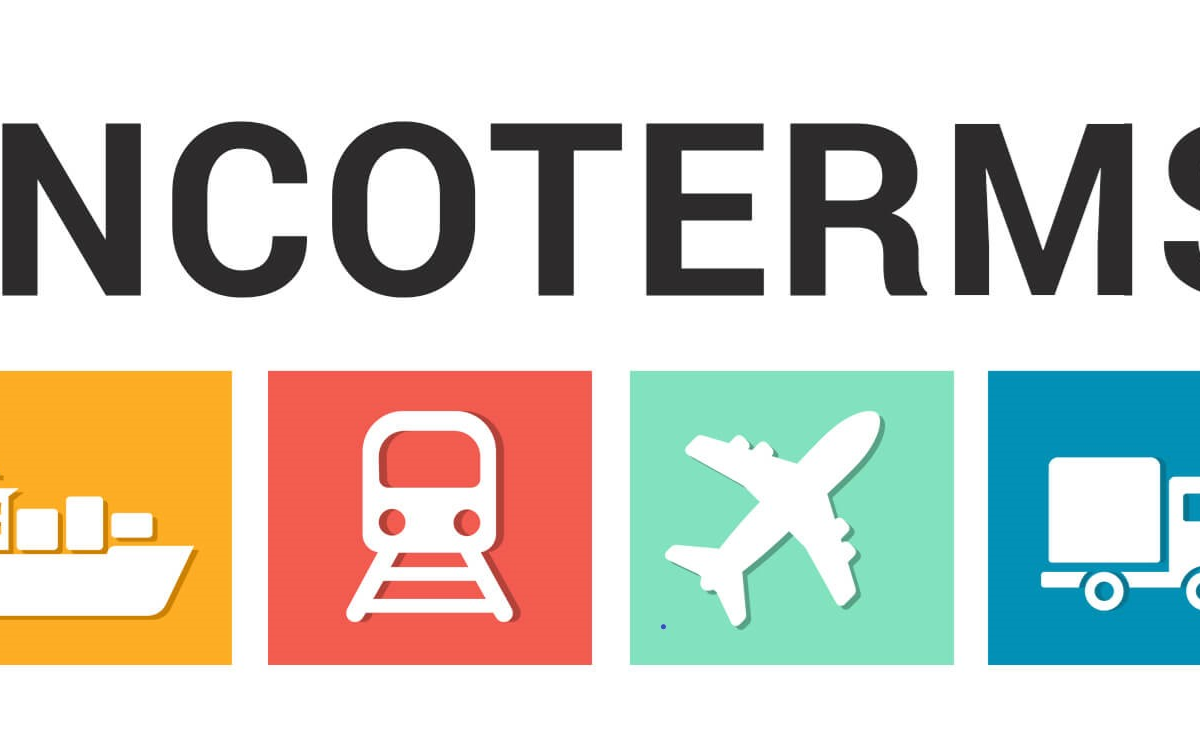The New “Made in Mexico”: How Chinese Companies are Reshaping North American Trade
The trade war between the U.S. and China has fundamentally altered global commerce. It has led to a major new trend: Chinese companies are strategically relocating their production to Mexico to bypass American tariffs. This shift has created a complex web of economic benefits for Mexico, while simultaneously raising concerns in the U.S. about potential tariff evasion.
Nearshoring as a Strategic Tariff Bypass 🏭
To navigate the high tariffs imposed by the U.S., Chinese businesses are embracing nearshoring. They are shifting their manufacturing operations to Mexico to get closer to the American market. This strategic relocation allows them to label their products as “Made in Mexico,” which helps them avoid U.S. tariffs and gain favorable access to the U.S. market under the USMCA trade agreement. This move has been particularly noticeable in the automotive and electronics sectors.
Economic Impact on Mexico 🇲🇽
This influx of Chinese manufacturing has had a significant impact on Mexico’s economy. The country is seeing a surge in foreign investment, which in turn boosts economic activity. This investment has created numerous jobs for the local population, and as more goods are produced locally, Mexico’s export capacity is growing. The text suggests that nearshoring will add an additional 3% to Mexico’s GDP in the next five years, further solidifying its position as a key global manufacturing hub.
U.S. Concerns and Political Fallout 🇺🇸
The rising trade volumes through Mexico have not gone unnoticed in the U.S. American companies have voiced concerns that Chinese firms are exploiting trade agreements to illegally evade tariffs. These concerns have sparked a series of legal and political challenges. For example, President Donald Trump has threatened to impose punitive tariffs on cars manufactured in Mexico by Chinese firms.This situation presents a delicate balance for Mexico, which must maintain compliance with international trade regulations while enjoying the economic benefits of increased foreign investment.




